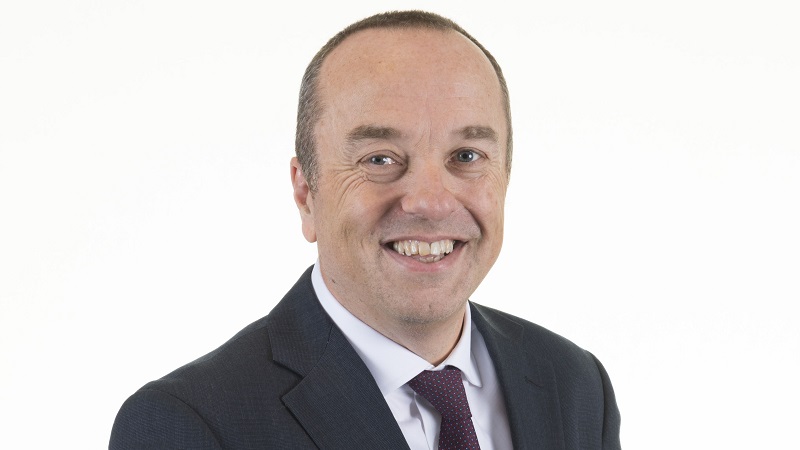Despite recent predictions of a fall in inflation, David Coombs, head of multi-asset investment at Rathbones, remains in the camp that it will remain higher for longer.
In the Spring Budget, it was revealed that the Office for Budget Responsibility (OBR) predicted inflation in the UK will fall sharply throughout 2023, landing close to target at 2.9% by the turn of the year. But, on 22 March, inflation unexpectedly reaccelerated to 10.4%.
Should the OBR inflation prediction prove correct, it will mean little or no further monetary tightening by the Bank of England, opening the door to interest rate cuts later in the year.
In Europe however, the ECB last week hiked rates by another 50bps and more increases are expected in the coming months as the central bank stated inflation is projected to remain too high for too long.
Despite commentators suggesting the interest rate cycle may be peaking, Coombs (pictured) is less convinced, and argued the “near 0% interest rates of yesteryear seem confined to history” and that inflation will likely remain elevated.
“Global trade as a percentage of GDP is roughly where it was 15 years ago, as is international investment,” said Coombs. “Rather than a reduction in globalisation, we’re seeing globalisation reoriented: a shift from more-hostile trading partners to those who are perceived to be more friendly.” For the West, Coombs said this means less trading with China and more with Vietnam, Thailand and South Korea, and this is something he expects to continue.
“It also means that many companies are having to spend money to rejig their supply chains and pay more to source metals, components and other inputs from suppliers in less-temperamental climes,” he said. “Countries are investing more on securing food, important resources and energy as well,” he added.
For Coombs, these changes are yet more forces making everything more expensive than it would otherwise be, reinforcing his belief inflation “will probably stay higher for longer than most people think”.
“And that means higher interest rates for longer than many are hoping, too,” he added.
This piece originated on our sister publication, International Adviser.










